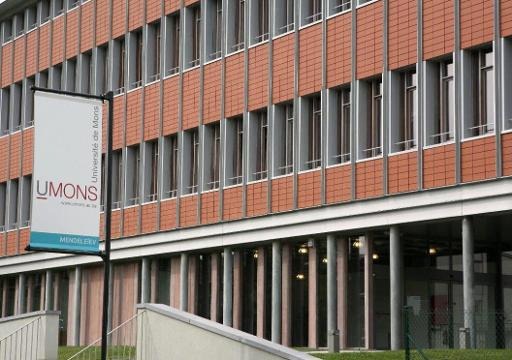A team of researchers from the Physics Laboratory of Surfaces and Interfaces at the University of Mons (UMons) this week conducted experiments in micro-gravity on parabolic flights in Toulouse, the European Space Agency (ESA) announced on Friday in a press release. One of the aims of the tests is to resolve the shortage of drinking water faced by a large part of the world’s population.
The experiments relate to water-condensation mechanisms, which are difficult to study in a laboratory, “mainly because of gravity, which limits the size of the drops studied, particularly for surfaces treated at the global level,” Professor Joel de Coninck said in Toulouse.
Parabolic flights allow a situation of microgravity to be created for a few seconds, thus helping researchers in their work. De Coninck stressed that research on water condensation was of crucial importance “due, in particular, to the shortage of drinking water for a large part of the world’s population”.
“The World Health Organization and UNICEF estimate that about 844 million persons worldwide have no access to basic drinking water and that at least two billion people drink polluted water, thereby contracting many illnesses,” according to UMons.
The University also pointed out that, boiling, evaporation and condensation were used in many technical areas, particularly in spatial applications.
The researchers were scheduled to remain in France until Friday.
The Brussels Times

